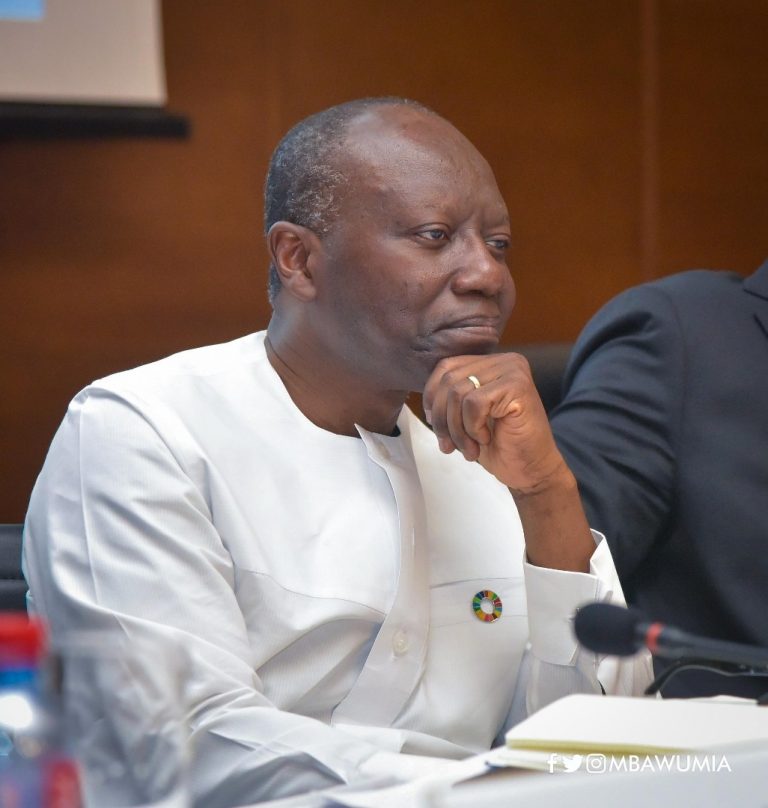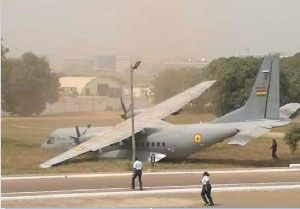Finance Ministry fails to account for ABFA for 4th time – PIAC report

The Ministry of Finance has for the fourth consecutive time failed to account for unutilised Annual Budget Funding Amount (ABFA) of oil revenues, the Public Interest and Accountability Committee (PIAC) has disclosed.
A statement issued and signed by Chairman of the Committee, Mr Noble Wadzah said the expenditure information for the period on the ABFA is blank in its 2020 semi-annual report arising from the failure of the Ministry of Finance to provide the expenditure data
requested by PIAC.
“As a result, PIAC is unable to report on the programmes and activities undertaken with an amount of US$169.51 million disbursed to the ABFA for the period. Similarly, the Committee is unable to provide update on the status of the unutilised and unaccounted for ABFA balance which stood at GH₵1.5 billion, as reported in the 2019 PIAC Annual Report,” the statement added.
The Chairman of the Committee, Mr Noble Wadzah underscored the need for parliament to bring its oversight mandate to bear on the ministry’s consistent failure for not accounting for the unutilised ABFA and other violations.
“PIAC reiterates its earlier call on Parliament to strengthen its oversight mandate on the
Ministry of Finance. This is because the Ministry’s persistent failure (fourth time) to
provide half-year data on ABFA utilisation is not only adversely affecting the work of the
Committee, but also eroding gains in the fight for transparency and accountability in the
management and use of Ghana’s petroleum revenues for the benefit of citizens.”
Highlights of key findings of the report
- Cumulative raw gas production increased significantly by 65 percent; the highest
recorded half-year volume of gas produced since 2010. - Total petroleum receipts in the Petroleum Holding Fund (PHF) for the period stood at
US$322,571,265.64, indicating a decline of 11.32 percent. - The Ghana National Gas Company (GNGC) received US$1.78 million under the CashWaterfall Mechanism in order to address their indebtedness to the Ghana National Petroleum Corporation (GNPC) for gas supplied. However, there was no payment to GNPC. Consistently, the non-payment of gas revenue denies the PHF of its due entitlement.
- For the period, cumulative indebtedness to GNGC continued to increase to
US$942,260,510.63. This is as a result of the failure of GNGC’s customers to honour their obligations. - GNPC spent only nine (9) percent of its total receipts on Jubilee equity financing. This is
as a result of the re-phasing of work programmes, as well as disputes surrounding the
Cash Calls submitted by the Operator. The disputes are currently under negotiations
between GNPC and the Contractor Party. - The Ghana Petroleum Fund reserves recorded a 24.09 percent reduction at the end of the period compared with the same period for 2019. This is as a result of the lowered cap and subsequent withdrawals from the Ghana Stabilisation Fund (GSF). Consequently, the GSF yield reduced by 68.08 percent from that of the same period of 2019.
The Public Interest and Accountability Committee (PIAC), has published its Semi-annual Report on the management and use of petroleum revenues for the first half of 2020 on its website www.piacghana.org.
This is in fulfilment of Section 56 of the Petroleum Revenue Management Act (PRMA), 2011 (Act 815).
The Report is being released two months later than the statutory reporting date of 15th
September due to the Covid-19 pandemic, which according to PIAC disrupted planned work programmes of reporting entities and also PIAC.





